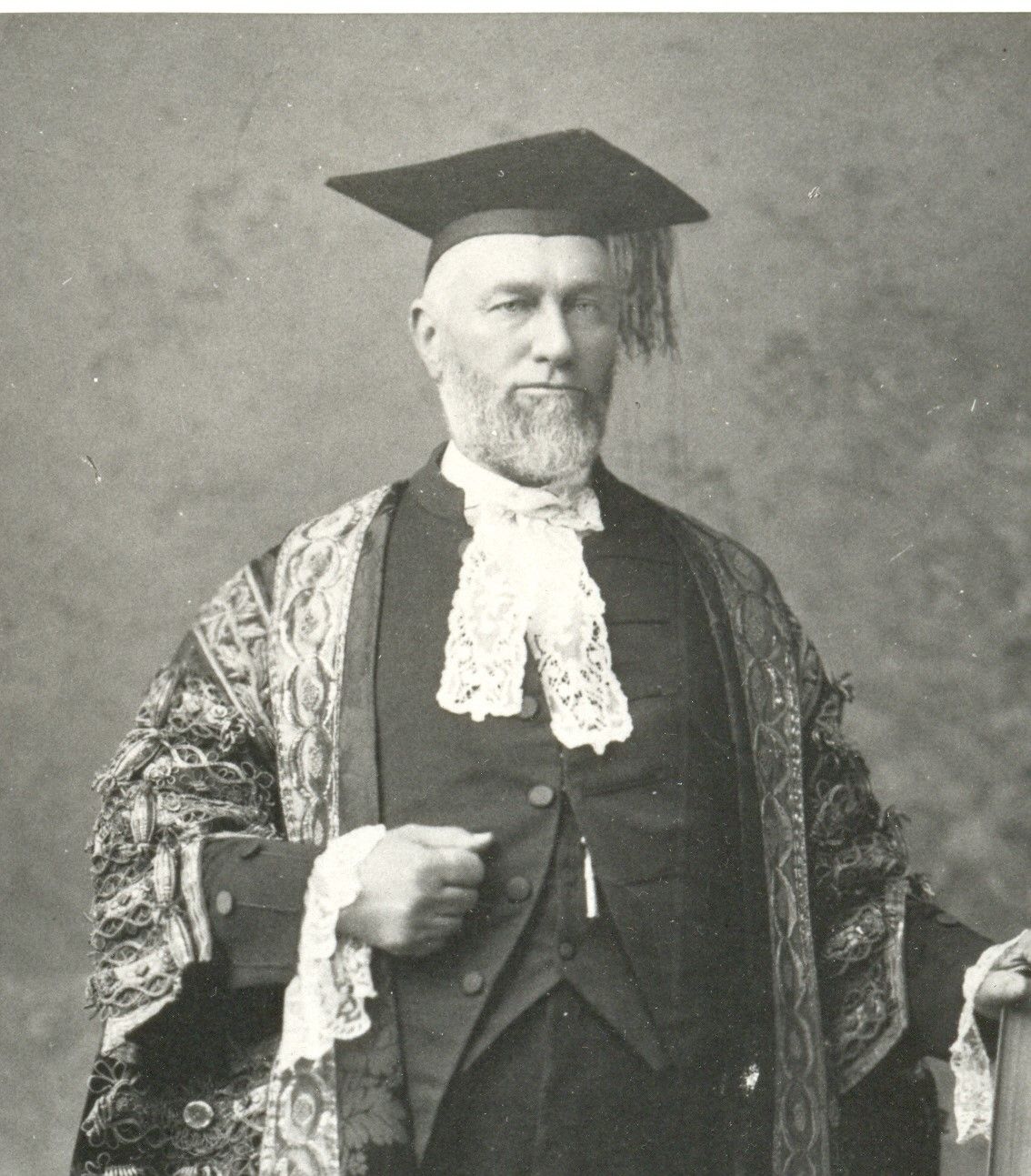William Charles Windeyer
TKS 1850 - 1852
POLITICIAN and LAWYER

A boarder and School Captain in 1851-2 William Charles Windeyer was amongst the very first students to attend Sydney University. William was the first to graduate, which he did in exceptionally fine form. He was awarded the University medal and 1st Class honours in Classics, Logic and Mental Philosophy having previously won the English Medal. William was awarded an MA in 1859.
Admitted to the Bar in 1857, William became a writer and law reporter for the “Empire” newspaper. Two years later he was Crown Prosecutor for country districts but resigned a few months later to contest the upcoming elections. William was elected to the Legislative Assembly for the Lower Hunter. Advocating the abolition of state aid to religion and the introduction of the Free Selection principle, he was re elected in 1860 for Western Sydney. An avid law reformer, William introduced eighteen bills to parliament as a private member. Amongst those that became law were the Patents Act, and the Married Women’s Property Act. From 1871-2,William was a member of the Law Reform Commission and from 1893-4, sat on the Statute Law Commission.
William advocated the extension of free and secular education and the establishment of country high schools for both boys and girls. He believed in higher education for women and was the founding chairman of Women’s College at the University of Sydney. William maintained his ties with Sydney University, being an examiner in law and was Vice Chancellor and then Chancellor of the University from 1895-6.
An early trustee for Sydney Grammar School, William was also the Foundation president of the Discharged Prisoner’s Aid Society and Vice President of City night refuge and soup kitchen. He was the main mover in the revival of the Volunteer Force and in 1860 was commissioned captain of the 2nd Company of the Sydney Battalion of the Volunteer Rifles. An expert marksman, William represented New South Wales during 1862 in the first inter-state shooting competition against Victoria.
William’s legacy remains on the harbour foreshore as his efforts helped save Belmore park, Observatory Hill and Church Hill reserves for the use of the public.
When William retired from parliament in 1879, he was appointed a Judge of the Supreme Court. After being awarded an honorary Doctor of Laws from Cambridge University in 1887, and a knighthood 1891, William retired from the bench and died in 1897.